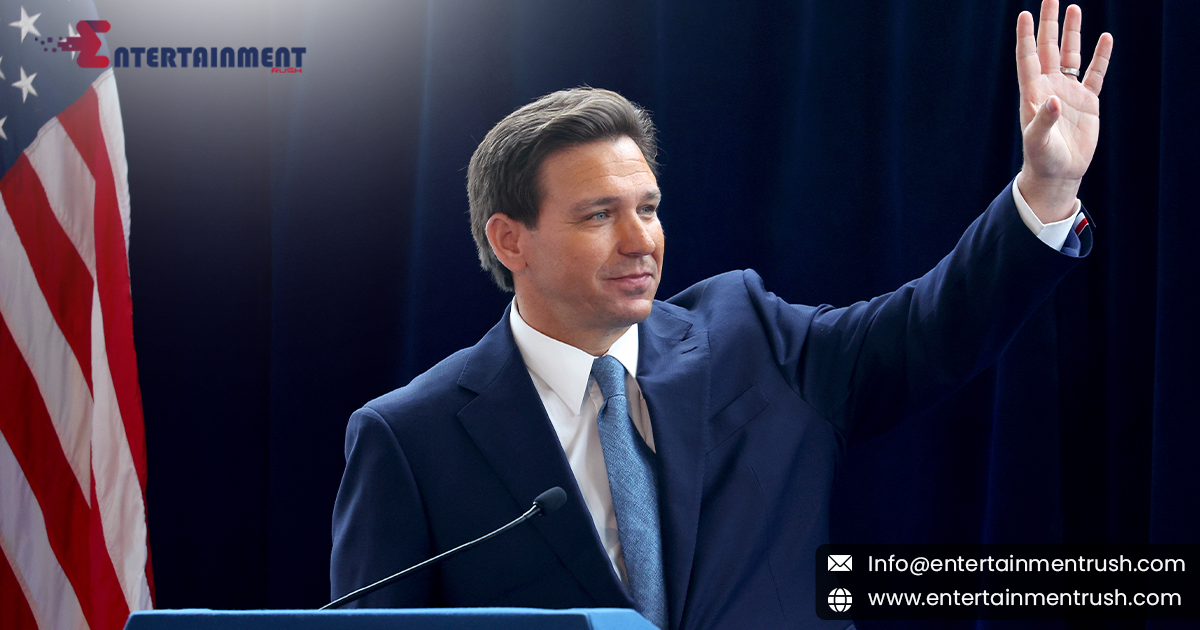In the realm of American politics, understanding the current landscape is essential for staying informed and engaged. From policy decisions to electoral trends, the dynamics shaping the United States are multifaceted and ever-evolving. Let’s delve into some of the key aspects defining the current state of U.S. affairs.
Policy Debates and Legislative Action
At the heart of U.S. politics are ongoing policy debates that impact the lives of millions. Issues such as healthcare reform, economic stimulus measures, and climate change legislation dominate congressional agendas. The intricate process of crafting and passing bills underscores the complexities of governance and the diverse interests at play in American society. From Capitol Hill negotiations to grassroots advocacy, the pursuit of meaningful policy solutions remains a cornerstone of democratic governance.
Electoral Dynamics and Political Strategy
Electoral dynamics in the United States reflect a tapestry of political strategies and voter sentiments. From presidential elections to local races, campaigns are characterized by intense competition, strategic messaging, and voter mobilization efforts. The influence of demographic shifts, digital media, and campaign finance laws shape electoral outcomes and the composition of legislative bodies. Understanding these dynamics is crucial for assessing the balance of power and predicting future political trends.
Social Movements and Advocacy
Social movements continue to play a pivotal role in shaping the political agenda and driving societal change. Issues such as racial justice, gender equality, and LGBTQ+ rights remain at the forefront of advocacy efforts across the nation. Grassroots organizations, civil rights groups, and community activists mobilize to challenge systemic injustices and promote inclusive policies. The intersection of activism and policy-making underscores the enduring impact of collective action in shaping a more equitable and responsive democracy.
Media Influence and Public Opinion
The media landscape plays a crucial role in shaping public opinion and political discourse in the United States. From traditional news outlets to social media platforms, the dissemination of information and the framing of issues influence voter perceptions and policy debates. The rise of digital media has transformed how political narratives are crafted and consumed, amplifying voices and viewpoints across diverse communities. Navigating the complexities of media influence is essential for understanding the evolving dynamics of public opinion and political accountability.
Global Relations and Diplomatic Engagement
As a global superpower, the United States’ foreign policy decisions have far-reaching implications for international relations and global stability. Diplomatic engagements, trade negotiations, and security alliances shape America’s role on the world stage. Debates over military intervention, humanitarian aid, and multilateral cooperation underscore the complexities of U.S. foreign policy decision-making. Balancing national interests with global responsibilities remains a critical challenge for policymakers navigating a complex geopolitical landscape.
Conclusion
illuminates the intricate tapestry of American democracy, where policy debates, electoral dynamics, social movements, media influence, and global relations converge to shape the nation’s trajectory. By staying informed and actively engaging in civil discourse, individuals contribute to a vibrant democracy where diverse perspectives are heard, and collective aspirations for a more just, inclusive, and prosperous society are realized. As we navigate the complexities of U.S. politics, understanding and participation are key to shaping a future that reflects our shared values and aspirations for the nation.
